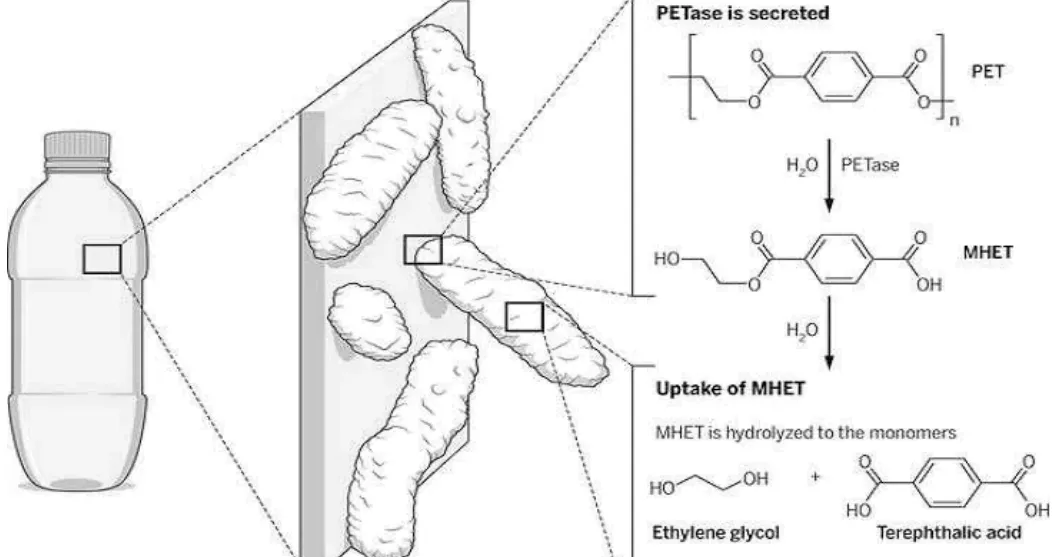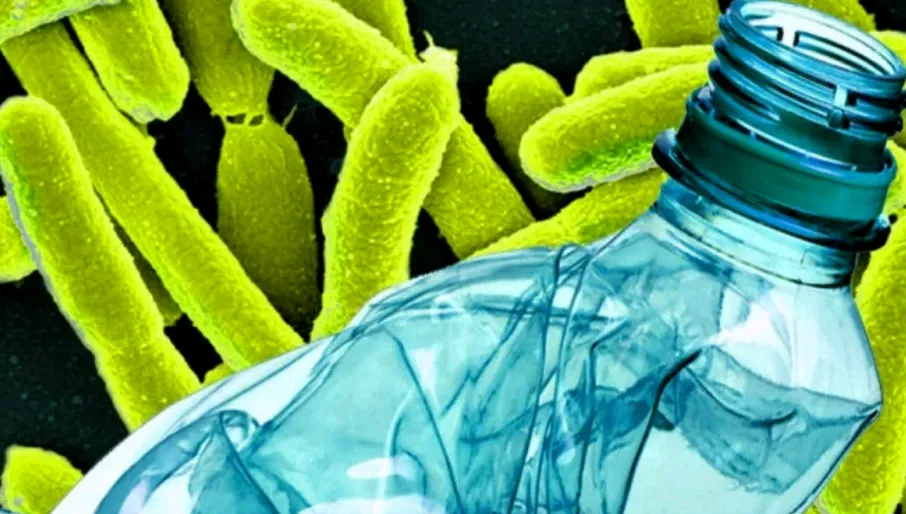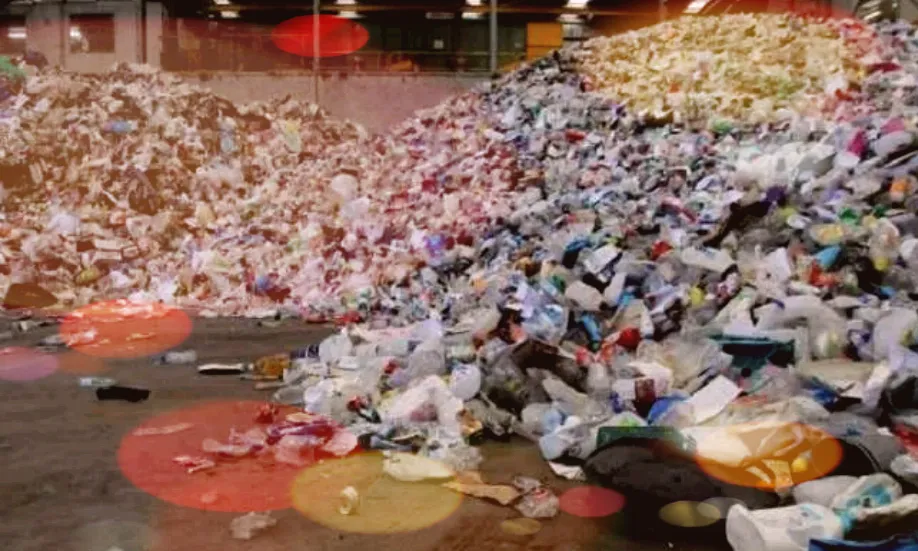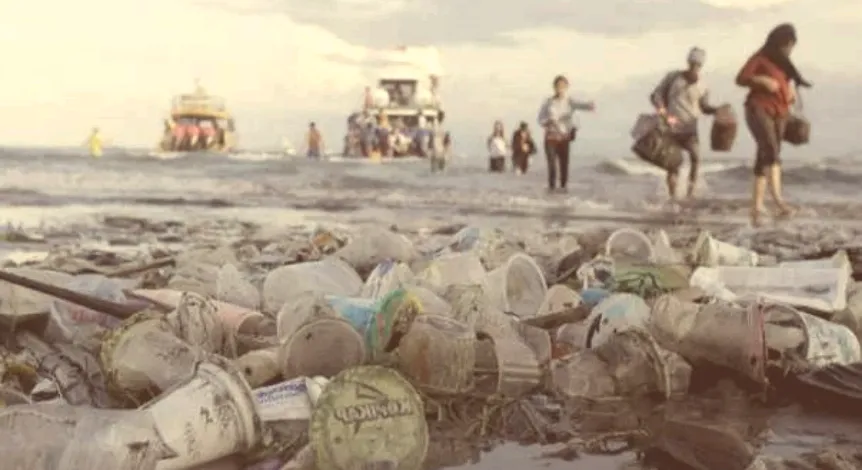
The day of concern for the pollution of plastic waste is now really the way to the end. A researcher from Britain and the United States says they have found evidence of 'plastics-enzymes' enzymes. The name of the plastic is called polyethylene teraphthalate (PET or 'pet').

The first patent to make the bottle was made in the plastic compound in the 1940s. For the purpose of making the bottle, the special compound was chosen for one reason, that is, the compound can have millions of years in the environment. It has also been found in the study that polyethylene terephthalate, a specialized plastic compound, has become the main cause of pollution in most parts of the earth's surface and water.
When researching another subject, scientists from the National Renewable Energy Laboratory (NRL), under the Portsmouth University and the US Energy Ministry, have received the insight of the enzyme. Researchers have found that the enzymes help a special bacteria to break the plastic compound 'pet' or 'digest it' by eating it
 .
.
Professor John McGuhan of Portsmouth University said that after learning about this power of enzymes, they started trying to increase that power. Because of this, they use some amino acids, they can consume enzymes faster by consuming plastic. Scientists say that the enzyme is not toxic at all, this method can be very effective in the future, reduce the amount of plastic wastewater manufactured. However, more research is needed.